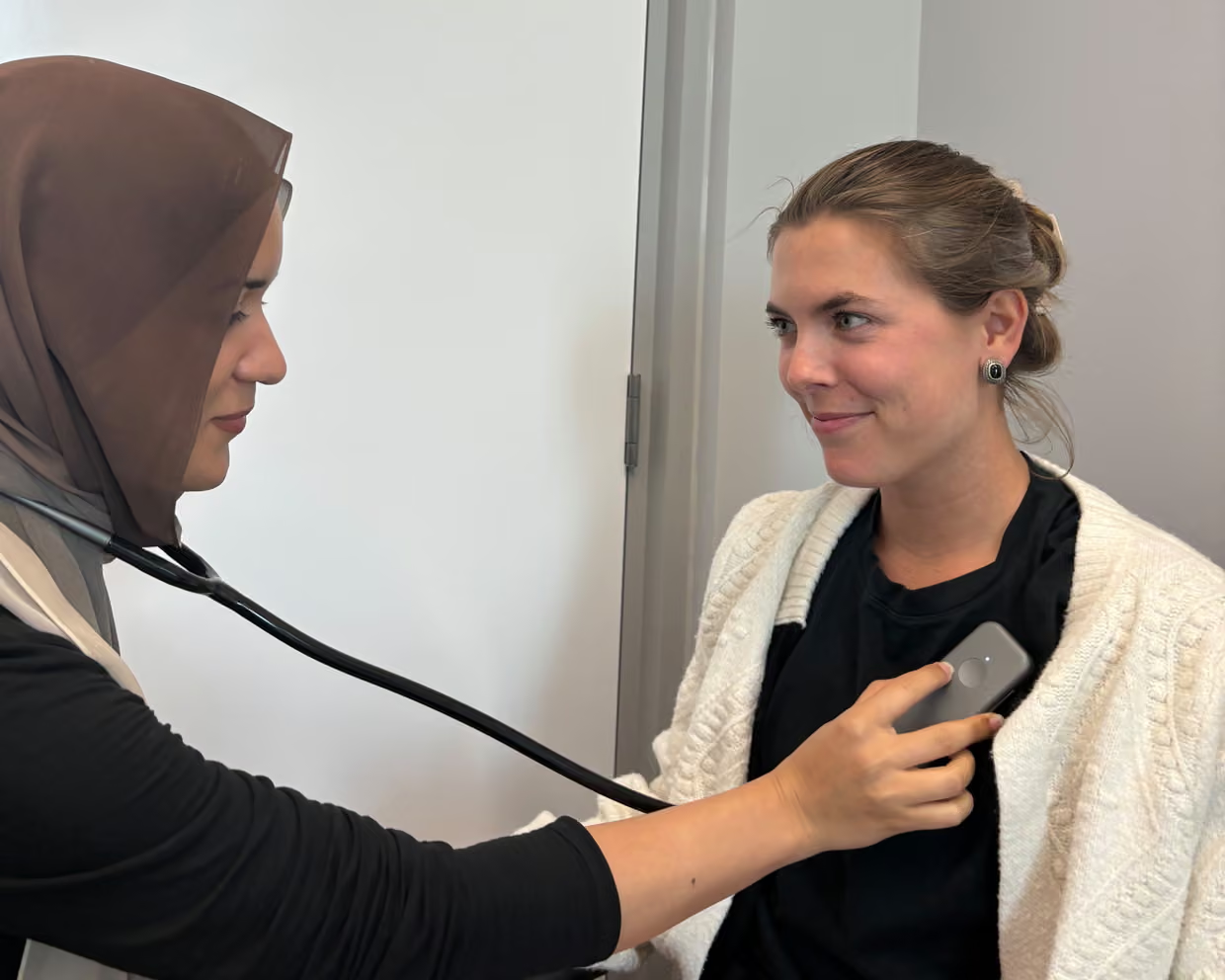Doctors Develop AI Stethoscope Capable of Detecting Major Heart Conditions in Just 15 Seconds
Researchers at Imperial College London and Imperial College Healthcare NHS Trust have unveiled a groundbreaking AI-powered stethoscope that can diagnose heart failure, heart valve disease, and abnormal heart rhythms within 15 seconds. This innovative device, developed in collaboration with Eko Health, combines traditional auscultation with advanced artificial intelligence to enhance diagnostic accuracy in primary care settings.
Revolutionizing Heart Disease Detection
The AI stethoscope records both heart sounds and electrocardiogram (ECG) data simultaneously, transmitting this information to the cloud for real-time analysis. The processed results are then sent back to a smartphone, providing clinicians with immediate insights into potential cardiac conditions .
In a comprehensive trial involving approximately 12,000 patients across 96 general practitioner (GP) practices, the AI stethoscope demonstrated a significant improvement in diagnostic accuracy. Patients assessed with the AI-enabled device were twice as likely to be diagnosed with heart failure, 3.5 times more likely to be identified with atrial fibrillation, and nearly twice as likely to receive a diagnosis of heart valve disease compared to those evaluated using traditional methods .
Clinical Implications and Future Prospects
Heart failure, a condition affecting over a million people in the UK, often remains undiagnosed until severe events like heart attacks or strokes occur. The AI stethoscope offers a significant breakthrough in early disease detection, allowing for quicker interventions and potentially improving patient outcomes .
Experts emphasize that this modern enhancement of a 200-year-old instrument could play a crucial role in improving patient outcomes by enabling earlier diagnoses and treatment access. However, researchers caution that the device is best utilized for symptomatic patients rather than routine screenings due to a higher risk of false positives .
The project was part-funded by the British Heart Foundation and the National Institute for Health and Care Research (NIHR), underscoring the collaborative efforts to integrate AI technology into everyday clinical practice.
This advancement marks a significant step forward in the integration of artificial intelligence into healthcare, particularly in the field of cardiology, where early detection and timely intervention are paramount.

